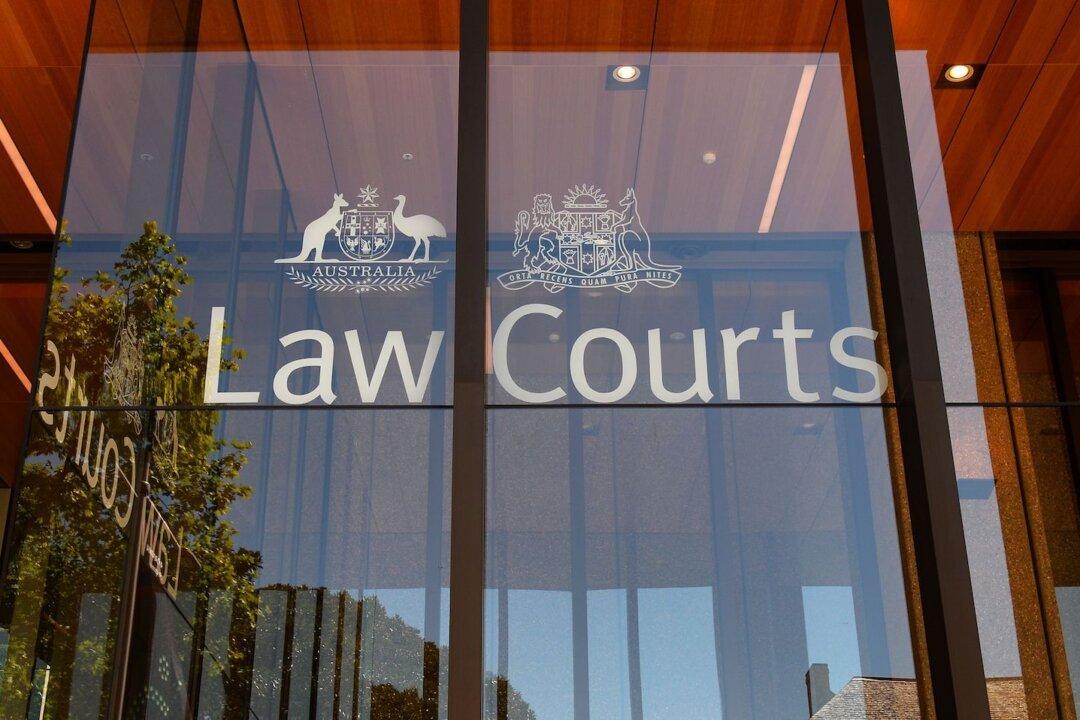Defence lawyers will not be allowed to delve into the sexual history of alleged victims during rape or sexual assault trials, under a new federal government bill on Feb. 7.
The Crimes Amendment (Strengthening the Criminal Justice Response to Sexual Violence) Bill will “make evidence about sexual reputation inadmissible for all victims and survivors of child sexual abuse, and place greater restrictions on evidence relating to a person’s sexual experience,” said Attorney General Mark Dreyfus in a statement.





